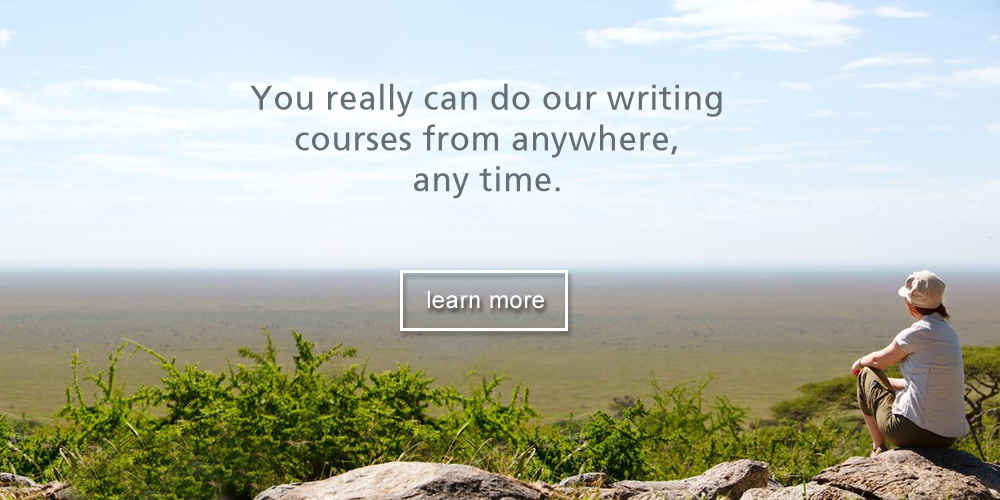Travel writing for the web is very different from print media and it can take some getting used to, but it also has many benefits.
You have more control with travel writing on the web
One of the advantages of travel writing for your own blog or website is that you have more editorial control. You are the editor of your own online publication; you decide what to write, when to write it and what photos to use.
Also any editing of text takes place by you and only you. This means your story remains satisfyingly intact rather than large chunks of it being revised or, even worse, removed.
There is also more freedom to pursue topics of interest that could appeal to global audience than just the target audience of a magazine.
Social media offers you potent tools to display your travel writing
Another advantage of online travel writing is the array of social media tools at your disposal.
Unlike magazines which rely on shops to distribute and display their stories, the web relies on search engines and social media, such as Google, Facebook, Twitter, LinkdIn, StumbleUpon, Digg to spread the word.
The chances of your article being read online are much greater than being read in a magazine, especially if you share it on StumbleUpon, have a blog that’s networked to a number of other blogs, or a Facebook fan page linked to your website.
Also, the great thing about social media is that it’s interactive. If someone reads your story in a magazine and likes it, how is that person going to let you know? Probably in a letter to the editor that may or may not get printed in the next issue.
With the web, the ability to give feedback about someone’s writing is instantaneous with a Tweet or a comment on their blog / Facebook page.
Tips to help you improve your travel writing online
Here are five tips for good online travel writing.
-
Searchable: if you want people to find you then you need good keywords and phrases in the headline of your article and throughout the body of your text.
-
Easy to read: use everyday language rather than lots of big words.
-
Scannable: large chunks of dense text just don’t work on the web. Keep articles to a maximum of 500 words, use paragraphs and bullet point lists of information.
-
Linkable: link key words in your article to other sites and have other sites link back to you to improve your Google ranking.
-
Appealing: articles should have an angle whether it be informative, useful or humourous.
Google and social media have created exciting possibilities for online travel writers. So why not go global and start uploading today?
About the Author

Social media offers you potent tools to display your travel writing
Tips to help you improve your travel writing online
Searchable: if you want people to find you then you need good keywords and phrases in the headline of your article and throughout the body of your text.Easy to read: use everyday language rather than lots of big words.Scannable: large chunks of dense text just don’t work on the web. Keep articles to a maximum of 500 words, use paragraphs and bullet point lists of information.Linkable: link key words in your article to other sites and have other sites link back to you to improve your Google ranking.Appealing: articles should have an angle whether it be informative, useful or humourous.
Written by Angela Pearse, All Rights Reserved
















